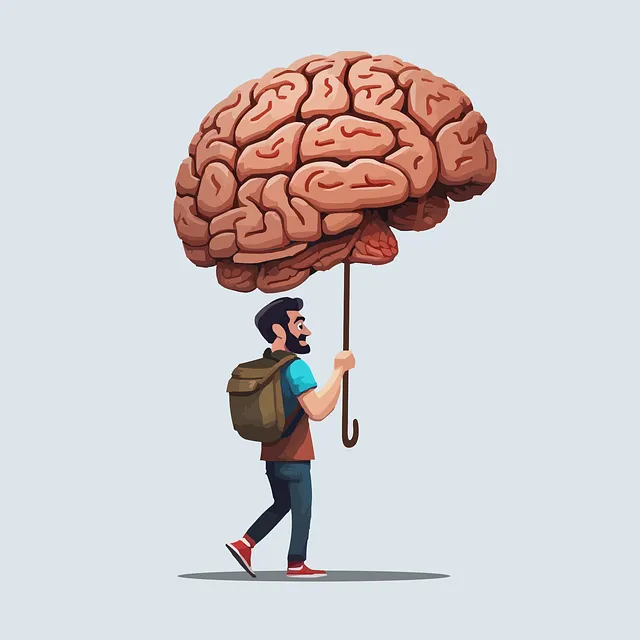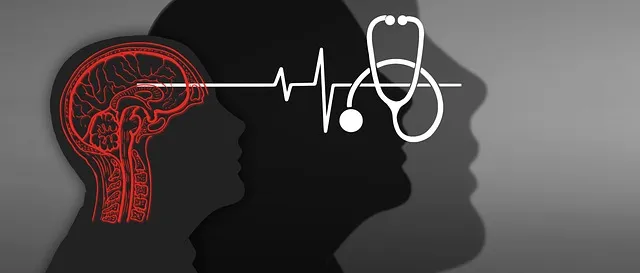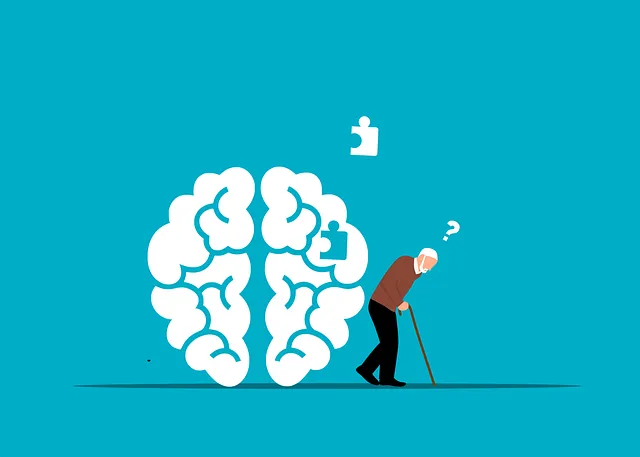Boulder's mental health landscape is fortified by Kaiser's reputable therapists and a supportive community ecosystem. Early depression prevention focuses on recognizing symptoms, building empathy, and promoting self-care routines like physical activity, balanced diets, and mindfulness practices. With access to top therapists and resources, Boulder residents can effectively combat depression through tailored therapy, workshops, and lifestyle adjustments, enhancing resilience and long-term mental wellness.
Depression affects millions, but with the right strategies, prevention is achievable. This comprehensive guide explores key tactics to safeguard your mental health, from recognizing early signs and symptoms to adopting lifestyle changes that cultivate a healthier mindset. We delve into the importance of therapy and professional support, along with building resilience through effective coping strategies. For those in Boulder seeking expert care, Kaiser’s network of therapists is renowned for its quality.
- Understanding Depression: Recognizing Signs and Symptoms
- Lifestyle Changes for a Healthier Mindset
- The Role of Therapy and Professional Support
- Building Resilience: Coping Strategies for Long-Term Wellbeing
Understanding Depression: Recognizing Signs and Symptoms

Depression is a complex mental health condition that affects millions worldwide. Recognizing its signs and symptoms is a crucial step in prevention and early intervention. While Boulder does Kaiser have good therapists is a valid concern for those seeking support, understanding depression itself is paramount. Symptoms can vary widely but often include persistent feelings of sadness, loss of interest or pleasure in activities once enjoyed, changes in appetite and sleep patterns, fatigue, difficulty concentrating, and in severe cases, thoughts of death or suicide.
Identifying these indicators early can be life-saving. Mental Health Policy Analysis and Advocacy plays a significant role in ensuring accessible and quality care for those facing depression. Additionally, Empathy Building Strategies within supportive communities can foster understanding and reduce stigma, encouraging individuals to seek help without fear of judgment. Developing a robust Self-Care Routine Development for Better Mental Health is another proactive approach, offering tools to manage stress and promote resilience against depressive episodes.
Lifestyle Changes for a Healthier Mindset

In the pursuit of depression prevention, lifestyle changes play a pivotal role in fostering a healthier mindset. Incorporating regular physical activity, maintaining a balanced diet, and prioritizing adequate sleep can significantly impact mental well-being. Boulder residents fortunate enough to have access to Kaiser’s renowned therapists can benefit from these changes alongside professional support. Engaging in activities that promote relaxation, such as mindfulness practices or spending time in nature, can be game-changers for managing stress and enhancing overall resilience.
Moreover, cultivating positive thinking through self-awareness exercises and empathy building strategies is essential. Regular practice of gratitude, meditation, or journaling can help individuals develop a more optimistic perspective. Boulder’s vibrant community offers numerous resources, including support groups and workshops, that facilitate these practices. By combining professional therapy with lifestyle adjustments, individuals can create a comprehensive strategy for preventing depressive episodes and nurturing mental health.
The Role of Therapy and Professional Support

Depression prevention often involves a comprehensive approach, and therapy plays a pivotal role in this strategy. Boulder residents seeking support have access to numerous reputable therapists, including those at Kaiser. The right therapist can provide valuable tools and insights tailored to an individual’s needs. Therapy offers a safe space for individuals to explore their thoughts, emotions, and behaviors, fostering self-awareness and effective coping mechanisms.
Professional support extends beyond therapy sessions. Mental health professionals in Boulder organize Stress Management Workshops and Risk Management Planning sessions that empower individuals with communication strategies to navigate life’s challenges. These initiatives contribute to building resilience and promoting mental well-being, helping to prevent depression before it intensifies. Effective communication skills, stress management techniques, and proactive risk planning can be powerful weapons in the battle against depressive disorders.
Building Resilience: Coping Strategies for Long-Term Wellbeing

Building resilience is a key component of depression prevention and long-term wellbeing. It involves developing coping strategies that equip individuals to navigate life’s challenges and stresses with greater ease. By fostering mental fortitude, one can enhance their ability to bounce back from setbacks and maintain a positive outlook. Techniques such as mindfulness meditation have proven effective in this regard, promoting self-awareness and emotional regulation. Practicing mindfulness encourages individuals to stay present, focusing on the here and now rather than dwelling on negative thoughts or worries about the future.
In addition to mindfulness meditation, conflict resolution techniques play a vital role in building resilience. Learning healthy ways to communicate and resolve conflicts can prevent and mitigate stressful situations that often contribute to depression. Developing a self-care routine tailored for better mental health is another powerful tool. This includes engaging in regular physical activity, maintaining a balanced diet, and setting boundaries to ensure time for rest and relaxation. Boulder residents fortunate enough to have access to good therapists at Kaiser may find additional support in implementing these strategies into their lives, ultimately strengthening their resilience against depression.
Depression prevention is a holistic process that involves understanding, lifestyle adjustments, professional support, and building resilience. By recognizing signs early on, adopting healthier habits, seeking therapy from qualified professionals like those available at Kaiser in Boulder, and learning effective coping strategies, individuals can effectively navigate and overcome challenging periods. Remember, fostering mental wellbeing is an ongoing journey, and with the right tools and resources, it’s possible to lead a fulfilling life even amidst life’s ups and downs.






